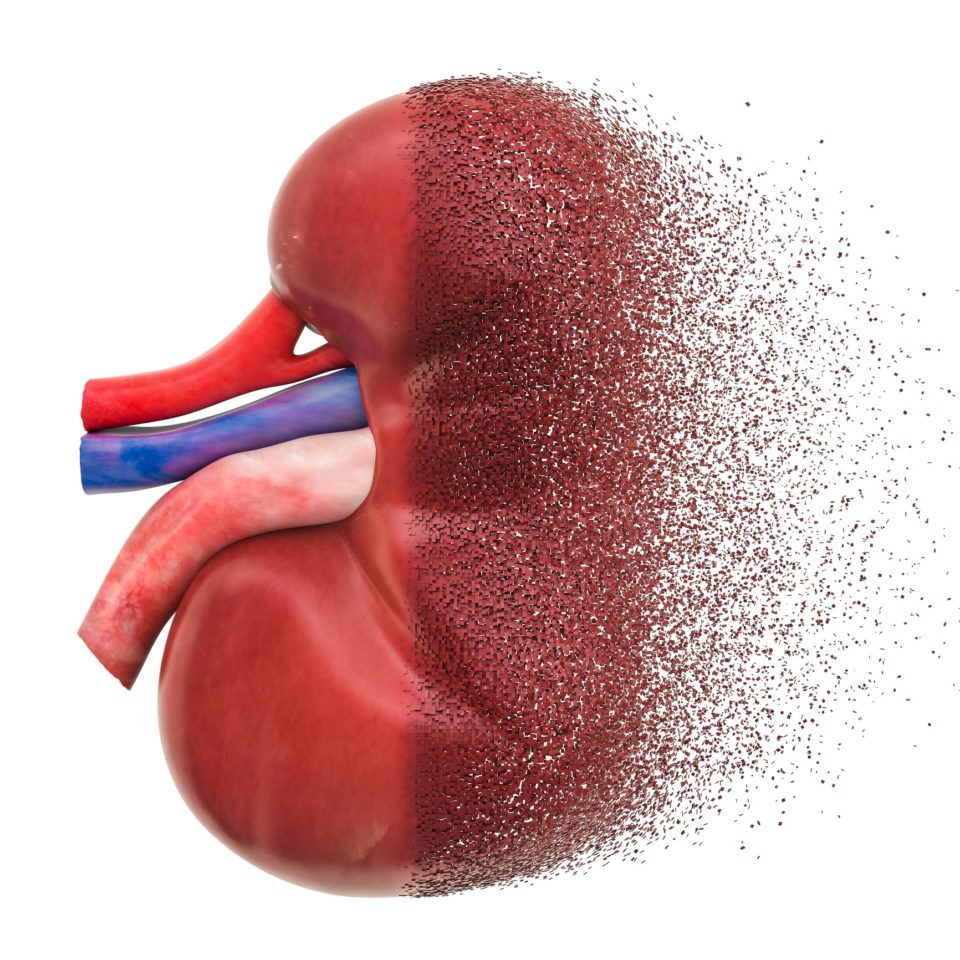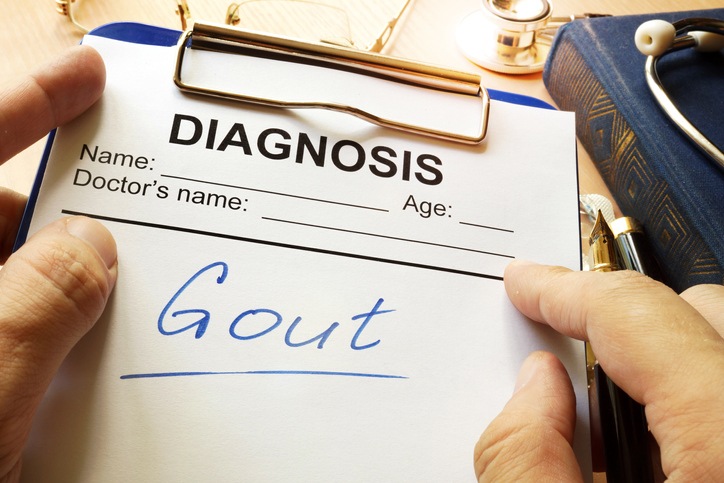
With the increase in the prevalence of primary pediatric hypertension comes an emphasis on active research to identify modifiable risk factors for the condition. Anxiety, a common problem in childhood, may be associated with activation of the sympathetic system, plasma renin, and hypothalamic-pituitary-adrenal axis, resulting in increased peripheral vascular resistance and hypertension.
Anxiety has been shown to be associated with elevated blood pressure in adults; however, according to Yaritzy Michelle Astudillo, MD, and colleagues at New York Medical College, Valhalla, there are few data available on the relationship between anxiety and increased blood pressure in children.
The researchers recently conducted a cross-sectional study to examine the association between anxiety and hypertension in adolescents. Results were reported during a poster session at the American Society of Nephrology Kidney Week 2022 in a poster titled Association Between Anxiety and Hypertension in Adolescent Patients: A Single-Center Cross-Sectional Study.
Patients 12 to 18 years of age referred to the center’s pediatric nephrology clinic were eligible to participate in the study. Hypertension was defined as either systolic or diastolic blood pressure above the 95th percentile for age, height, and sex. The validated Screen for Child Anxiety Related Disorders (SCARED) questionnaire was used to evaluate for anxiety. The questionnaire was completed independently by the child (SCARED-C) and by the parent (SCARED-P). A score of ≥9 was defined as a positive screen for anxiety.
Chi-square tests were used to compare proportions, and the Mann-Whitney U test was used to compare the difference in blood pressure between groups.
A total of 200 adolescents were included in the study. Of those, 130 were not on any blood pressure medication. In that subgroup, mean age was 15.18 years, 50% were male, 45% (n=58) had positive SCARED-C scores, and 29% (n=37) had positive SCARED-P scores.
Of the group with positive SCARED-P scores, 43% (n=16) had diastolic hypertension compared with 19% (n=18) of those with negative SCARED-P scores (P=.005). Diastolic blood pressure was significantly higher in adolescents with SCARED-P positive scores and in those with SCARED-C positive scores compared with SCARED-P negative and SCARED-C negative participants.
In summary, the researchers said, “In this cohort of adolescents, those who were anxious by parental reporting were more likely to have diastolic hypertension. For adolescents not treated with antihypertensive medications, diastolic blood pressure but not systolic blood pressure was significantly higher in the anxious cohort both by self and parental reporting. The impact of anxiety on the pathogenesis of hypertension in children warrants further study.”
Source: Astudillo YM, Krishnan S, Pereira TE, Solomon S, Samsonov DV. Association between anxiety and hypertension in adolescent patients: a single-center cross-sectional study. FR-PO436. Abstract of a poster presented at the American Society of Nephrology Kidney Week 2022; November 4, 2022; Orlando, Florida.







 © 2025 Mashup Media, LLC, a Formedics Property. All Rights Reserved.
© 2025 Mashup Media, LLC, a Formedics Property. All Rights Reserved.